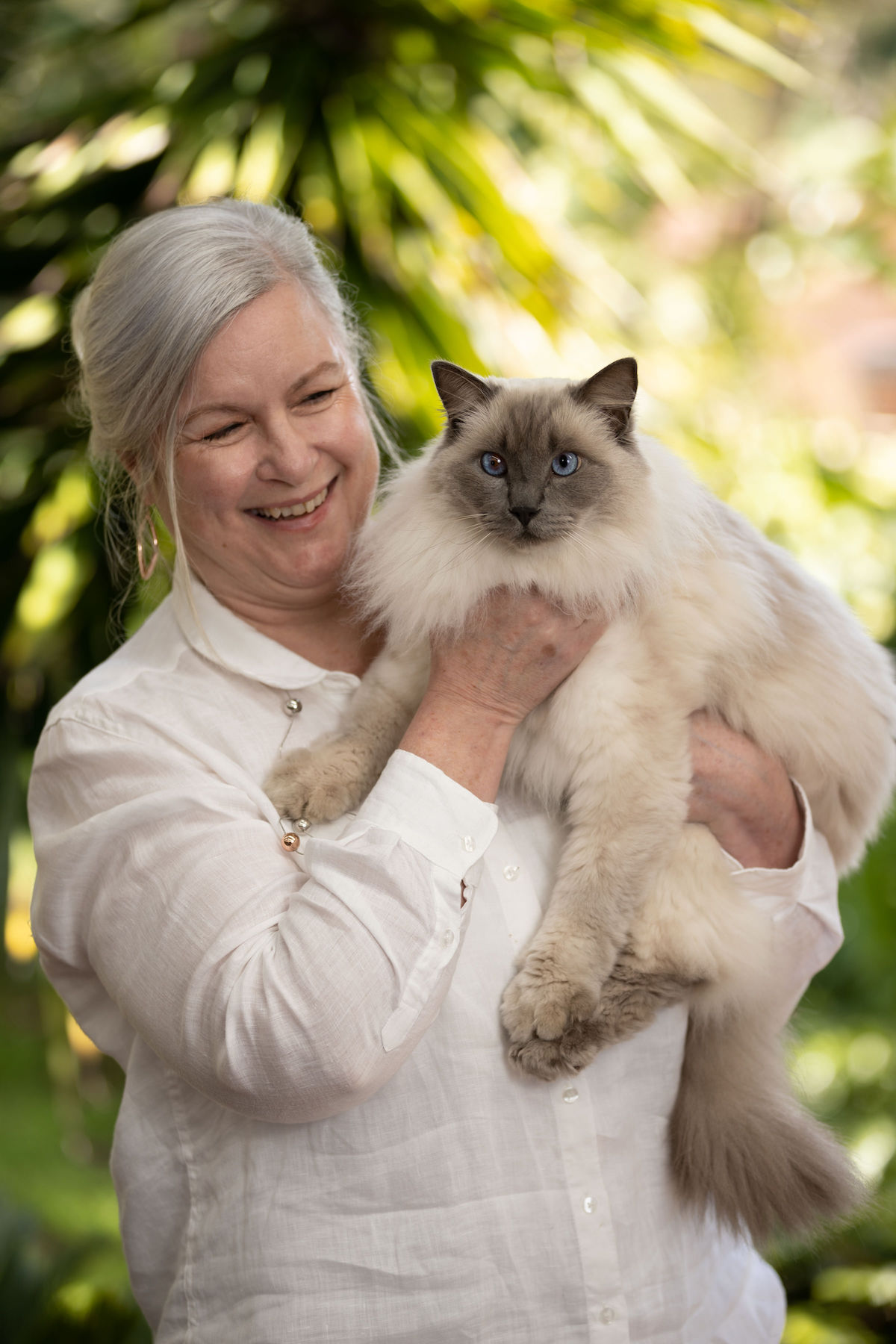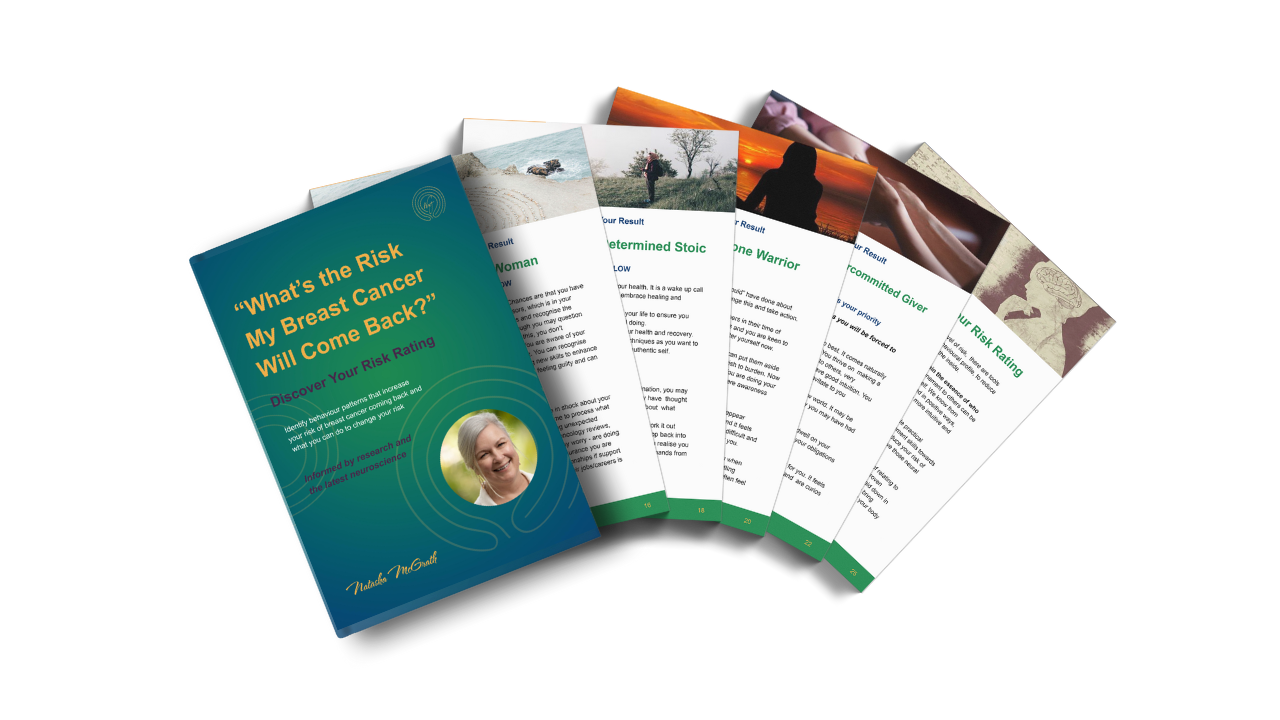

Oh Snap! Where did that page go?

Hi, Natasha McGrath here.
Looks like you clicked a link to a page that doesn't exist any more or maybe it has changed.
It's not you...it's me :)
Feel free to explore the website using the navigation menu above.
And if you REALLY want the resource you were looking for and can't find it, please use the "Contact" page to get help.
Natasha
